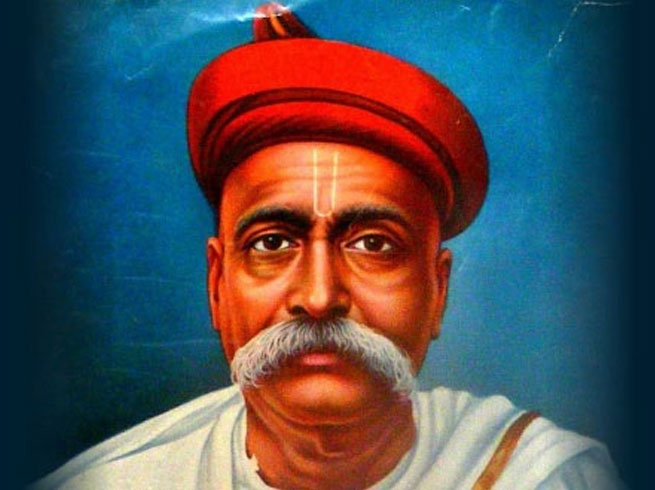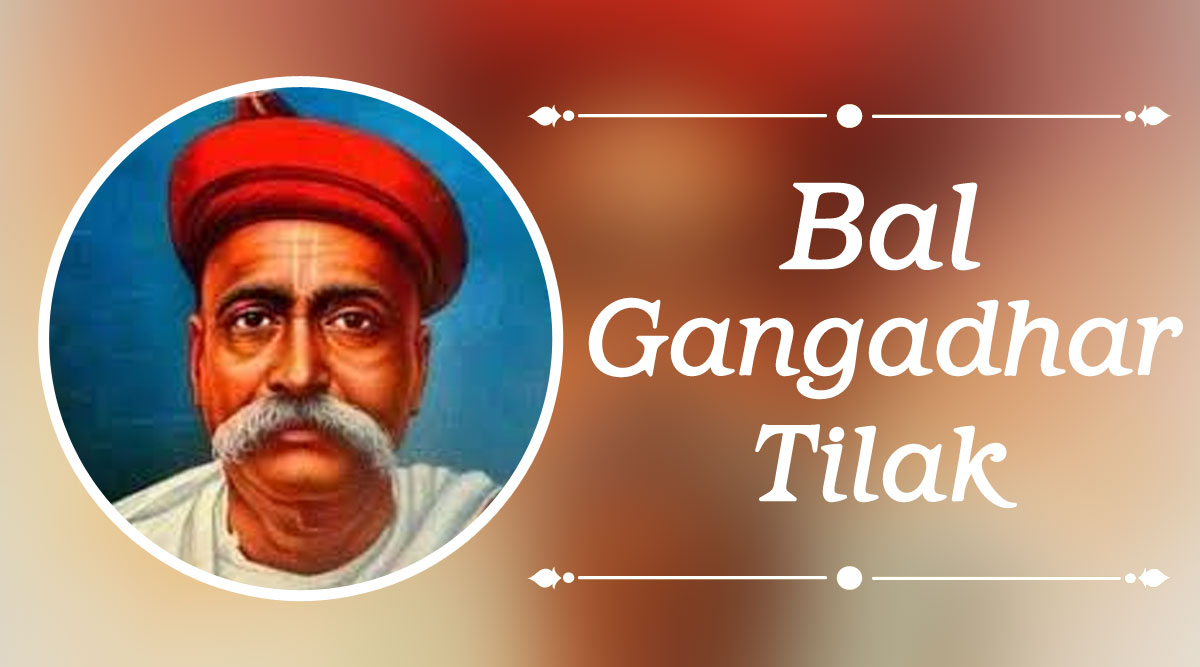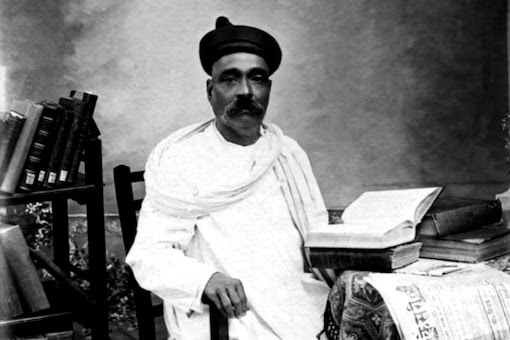"Bal Gangadhar Tilak: Champion of Indian Independence, Education, and Culture"
"Bal Gangadhar Tilak: Champion of Indian Independence, Education, and Culture"
Bal Gangadhar Tilak, also known as Lokmanya Tilak, was a prominent Indian nationalist, social reformer, and journalist who played a key role in the Indian independence movement. He was born on July 23, 1856, in Ratnagiri, Maharashtra, and passed away on August 1, 1920, in Mumbai.
Tilak was born into a middle-class Brahmin family, and his father was a schoolteacher. Tilak received his early education in Marathi and Sanskrit, and went on to study law in Mumbai. However, he never completed his degree and instead became involved in the Indian nationalist movement.
Tilak began his career as a journalist, working for several newspapers including the Kesari and the Maratha. He used these newspapers as a platform to promote Indian nationalism and to criticize British colonial rule in India. He was also a strong advocate for social and religious reform, and worked to promote the rights of women and lower castes.
Tilak was a key figure in the Indian National Congress, and served as its president on three occasions. He was a strong proponent of Swaraj or self-rule, and believed that India should be governed by Indians rather than by the British. He was also a vocal opponent of British policies in India, and was known for his fiery speeches and political writings.
Tilak was arrested several times by the British authorities, and spent a total of six years in prison. His most famous trial was the 1908 trial for sedition, in which he was sentenced to six years in prison for his involvement in the Indian nationalist movement. His trial and imprisonment sparked widespread protests and demonstrations across India, and helped to galvanize the Indian independence movement.
Despite his imprisonment and the repression of the Indian nationalist movement by the British authorities, Tilak remained committed to the cause of Indian independence. He continued to write and speak out against British colonial rule until his death in 1920.
In addition to his political activities, Tilak was also a prolific writer and scholar. He wrote extensively on Indian history, culture, and religion, and was a key figure in the revival of Hinduism in India. He also wrote several books, including "The Arctic Home in the Vedas" and "Gita Rahasya," which are still widely read and studied today.
Tilak's legacy continues to be celebrated in India today, and he is remembered as a national hero and a champion of Indian independence. His contributions to Indian nationalism, social reform, and literature have had a lasting impact on Indian society and culture.
Tilak's impact on Indian society and culture was not limited to his political and literary contributions. He was also a strong advocate for education and worked tirelessly to promote education in India, especially for girls and lower castes.
Tilak believed that education was the key to social and economic progress, and he founded several schools and educational institutions throughout his life. He also supported the establishment of the Deccan Education Society, which aimed to promote education in Maharashtra.
Tilak's efforts to promote education in India had a significant impact on Indian society, and his legacy can still be seen in the emphasis that modern India places on education and literacy.
In addition to his political and educational contributions, Tilak was also a prominent cultural figure in India. He was a strong advocate for Indian art and culture, and worked to promote traditional Indian arts and crafts.
Tilak's commitment to Indian culture and traditions helped to inspire a revival of Indian art and culture during the Indian independence movement, and his legacy can still be seen in the vibrant and diverse cultural landscape of modern India.
Overall, Bal Gangadhar Tilak's life and legacy are a testament to the power of political and social activism. He worked tirelessly to promote Indian independence, social reform, education, and cultural revival, and his contributions continue to inspire generations of Indians today.







Post a Comment